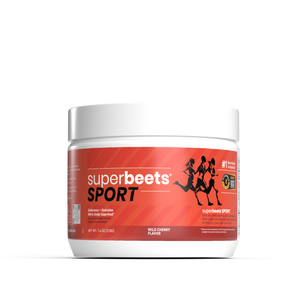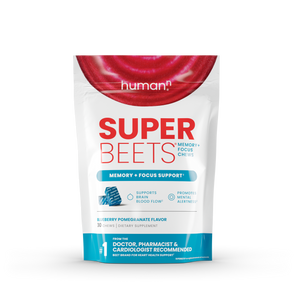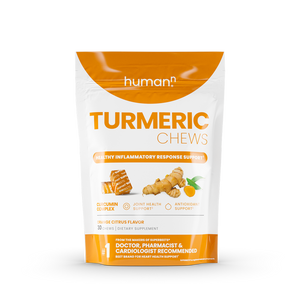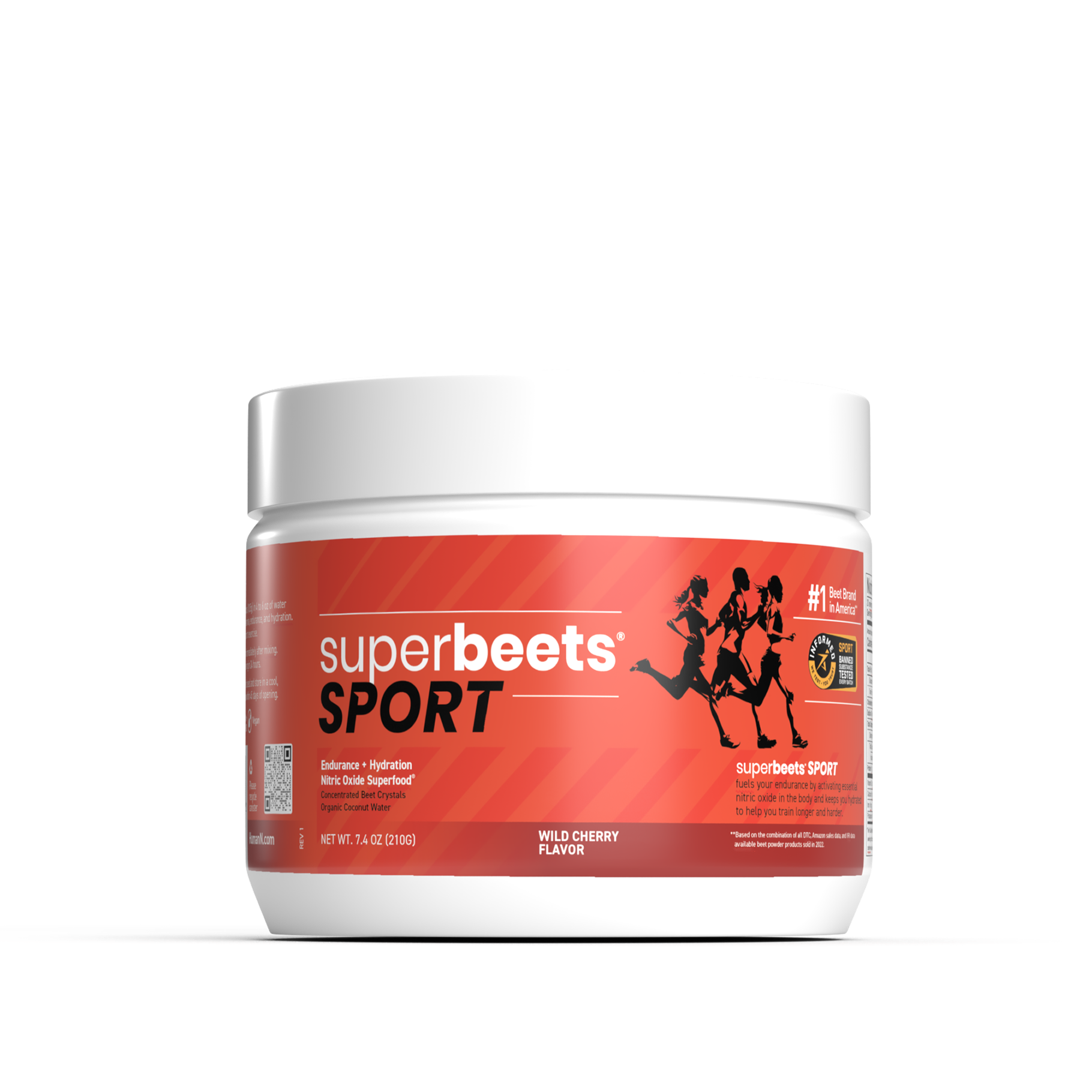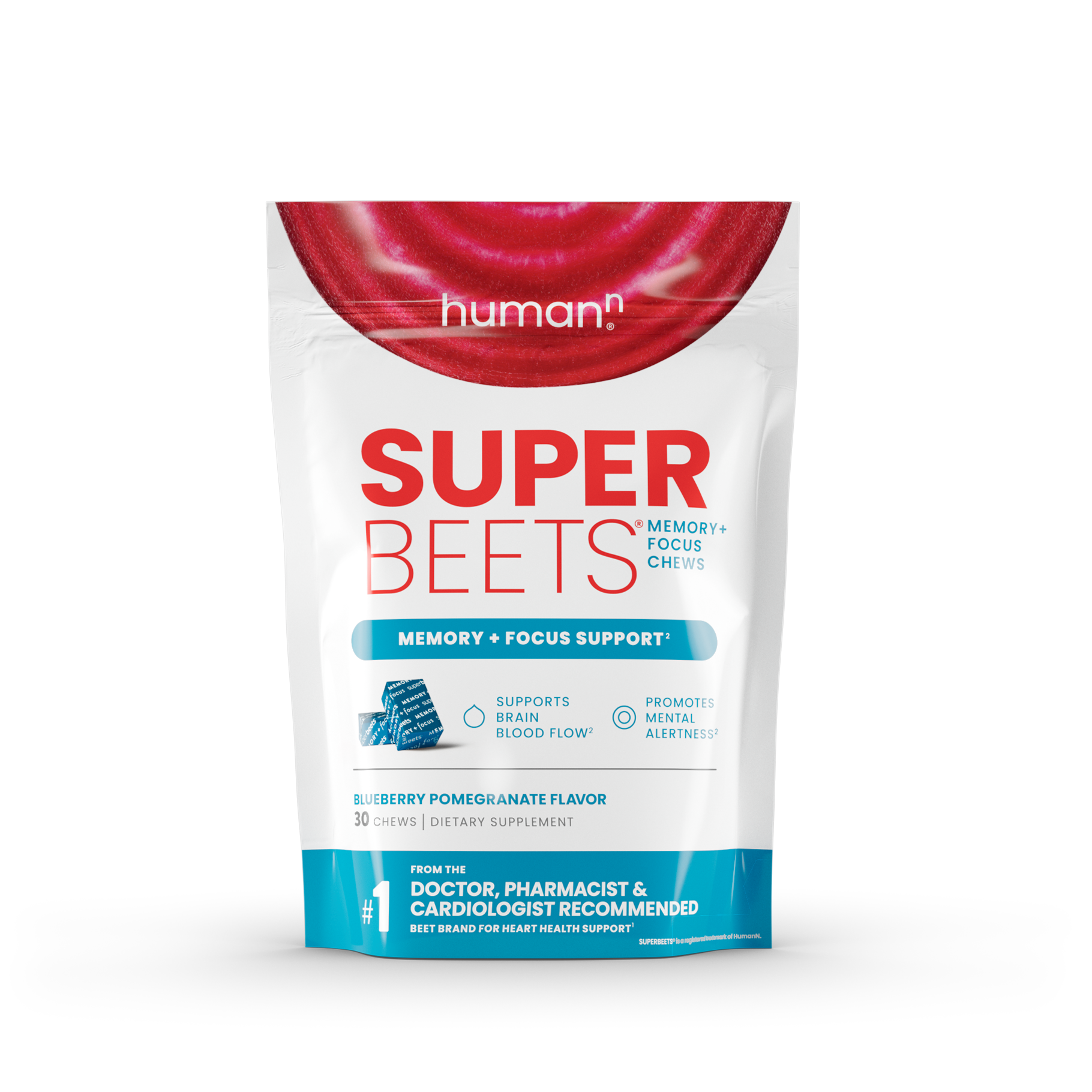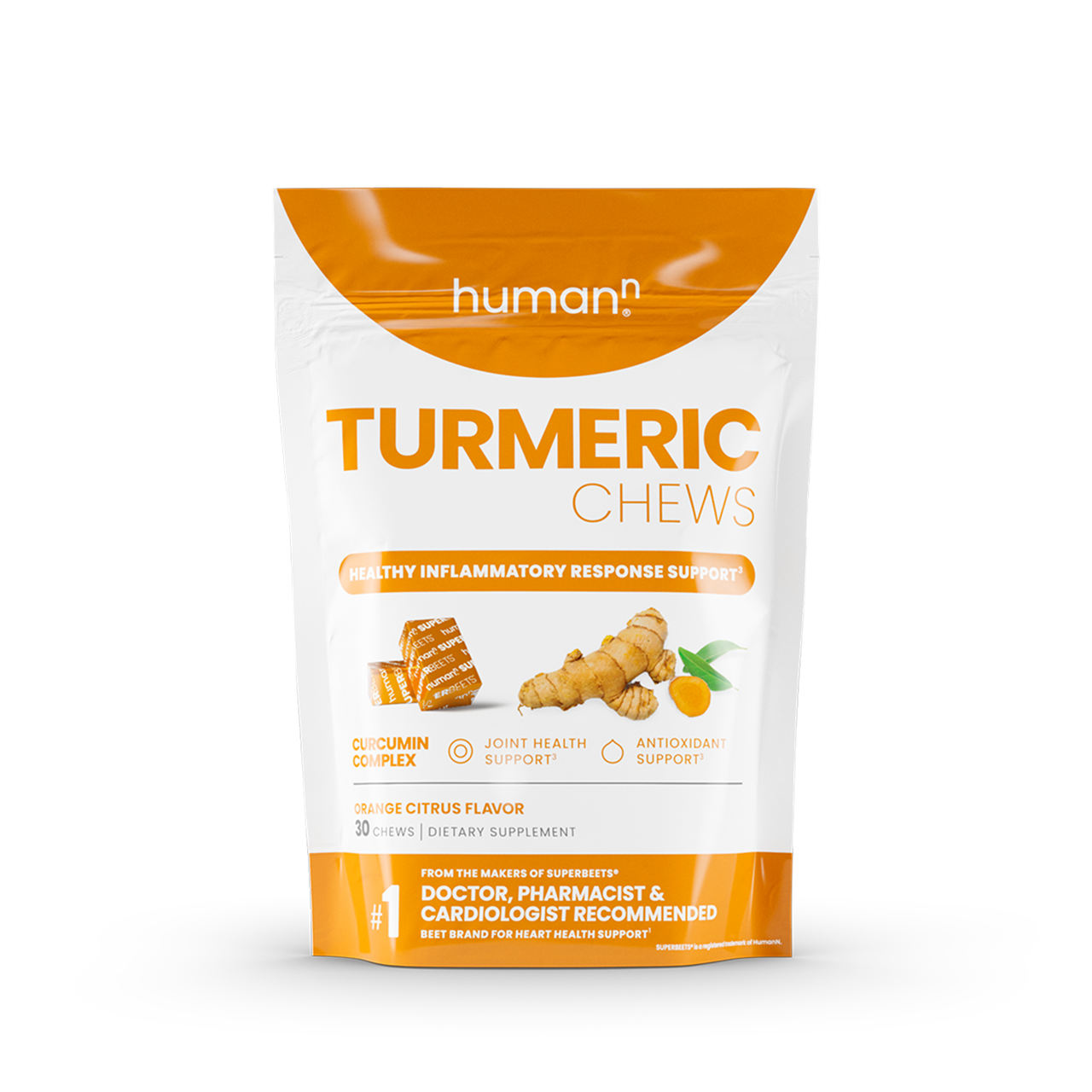Nitric oxide (N-O) is one of the most important molecules produced in the human body. It regulates many important cell functions including regulation of healthy blood flow and healthy blood pressure levels, communication between cells in the brain as well as how our body defends itself against pathogens.
Since the Nobel Prize- winning discoveries made in relation to nitric oxide as a signaling molecule in the cardiovascular system, we now know that there are two primary pathways for the production of nitric oxide.
Each contributes about 50% of the total body nitric oxide production. When one fails the other can compensate. When both fail, bad things may happen and people begin to get sick from dysfunctional cells and organ systems. Below we describe the two pathways for nitric oxide production, what can go wrong with each pathway, and most importantly how to help fix it.
Pathway 1: Endothelial Nitric Oxide synthase (eNOS) pathway
eNOS (Endothelial Nitric Oxide Synthase) is an enzyme found in our endothelial cells, the cells that line all blood vessels throughout the body.
This enzyme converts L-arginine into nitric oxide through a very complex and complicated reaction. This enzyme loses its function as we age so that by the time we are about 40 years old this enzyme is only about 50% functional.
If you happen to smoke, don’t exercise on a regular basis or eat a poor diet, the activity of this enzyme becomes even less. Loss of this enzyme function is recognized as the earliest event in the progression of age related ailments. Research has shown that taking L-arginine will not be effective if this enzyme is broken.
One way to help fix the eNOS pathway is to focus on getting moderate physical exercise on a regular basis and eat foods with a high antioxidant capacity.
Pathway 2: Nitrate-Nitrite-Nitric oxide pathway
This food-enabled pathway is supported by a diet high in nitrate enriched beets or green leafy vegetables such as kale or spinach.
Inorganic nitrate, when consumed through vegetables is converted into nitrite by oral bacteria and then to nitric oxide by specific proteins and enzymes in the body.
This pathway does not decline with age but is dependent upon our diet and the presence or absence of very specific oral nitrate reducing bacteria. If you do not eat enough nitrate enriched foods, this pathway is not functional. Furthermore, if you do eat plenty of nitrate rich foods but lack the right oral bacteria due to poor oral hygiene or use of antiseptic mouthwash, this pathway is not functional and you can become deficient in nitric oxide.
One way to help fuel the nitrate to nitrite to nitric oxide pathway is to eat high nitrate foods such as green leafy vegetables like kale and spinach and also red beets as long as you have the right oral bacteria.
However, there is a wide variation in the nitrate content of vegetables depending on where they are grown and the farming practices so you may not be getting enough nitrate from the foods you eat to effectively stimulate this pathway.
How we support both pathways to produce nitric oxide
We understand that when it comes to your daily lifestyle it can be hard to find the time to exercise enough or make the right eating choice. This is why we have worked with the University of Texas Health Science Center and leading scientists and researchers in the field of nitric oxide to bring you the best and most effective nitric oxide functional foods and supplements.

Our bestselling, nitric oxide supporting products include:
Neo40
Neo40 is our clinically studied and patented formula that supports nitric oxide levels in your body via both the eNOS and nitrate-nitrite pathways.
Neo40 helps support the eNOS enzyme so that endothelial (endogenous) production of nitric oxide can improve, which may improve your body's own ability to make nitric oxide. Neo40 also increases nitric oxide production by the reduction of nitrite to nitric oxide.
SuperBeets Original Apple & Black Cherry
SuperBeets is the world’s first and only beet root powder with patented nitric oxide technology from multiple world-renowned research institutions.
SuperBeets helps increase nitric oxide production through the Nitrate-Nitrite pathway. The fermented and non-fermented beet root powder used in SuperBeets contains a combination of naturally occurring dietary nitrates and nitrites.
Remember, only specific oral nitrate reducing bacteria can convert dietary nitrates to nitrites. So if you do not have this specific bacteria in your mouth, you will not convert the nitrates from beetroot powder into nitrite and nitric oxide.
What sets SuperBeets apart from other beet products is that it relies heavily on nitrites to generate nitric oxide and is thus able to support nitric oxide production even in those who do not have the specific mouth bacteria.
This is an important distinction from other beet products which contain no or very little nitrite.
And because SuperBeets relies heavily on nitrites to generate nitric oxide, it also allows the product to work faster than other beet products.
BeetElite
Clinically studied BeetElite also uses the nitrate-nitrite pathway to support nitric oxide production. The patented formula cannot be duplicated and is trusted by the top 1% of athletes in the world.
Developed in partnership with the University of Texas Health Science Center’s Nitric Oxide Discovery Program, BeetElite helps your body produce nitric oxide by converting the nitrites from the beetroot into nitric oxide.
Much like SuperBeets, BeetElite is able to benefit everyone because it relies predominately on nitrites to generate nitric oxide - an important distinction from other beet products which contain no or very little nitrite.
Because BeetElite relies heavily on nitrites to generate nitric oxide, it also allows the product to work faster than other beet products.
SuperBeets Heart Chews
Oxidative Stress from free radicals can inhibit eNOS and reduce your body’s ability to produce nitric oxide and compromise your healthy nitric oxide levels over time.
SuperBeets Heart Chews help your body produce nitric oxide through the eNOS pathway. Each chew is powered by antioxidant rich, clinically researched French Grape Seed Extract that helps reduce oxidative stress and damage.



